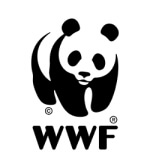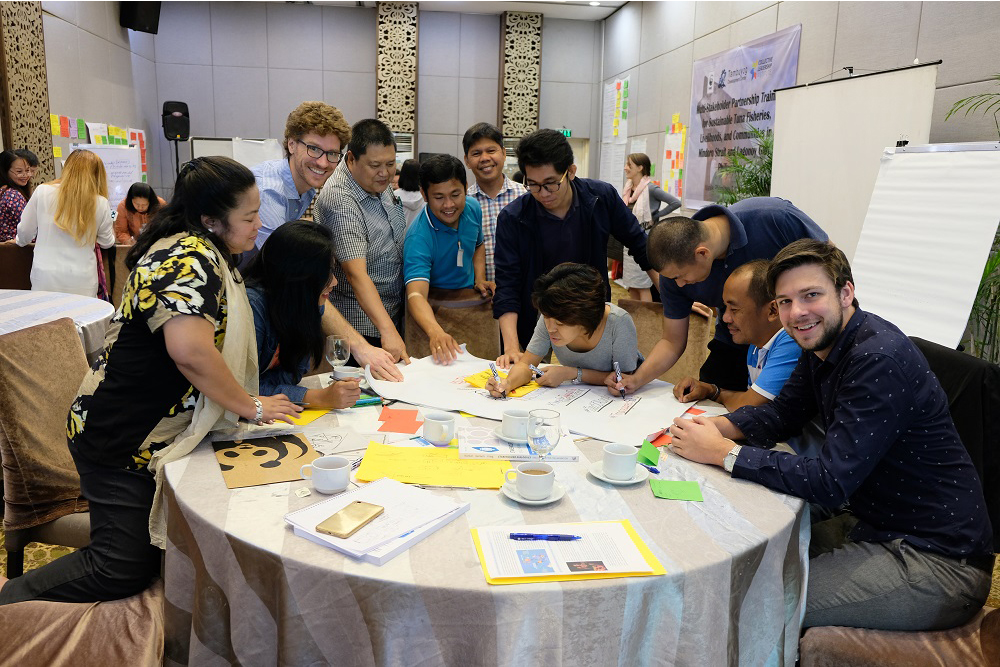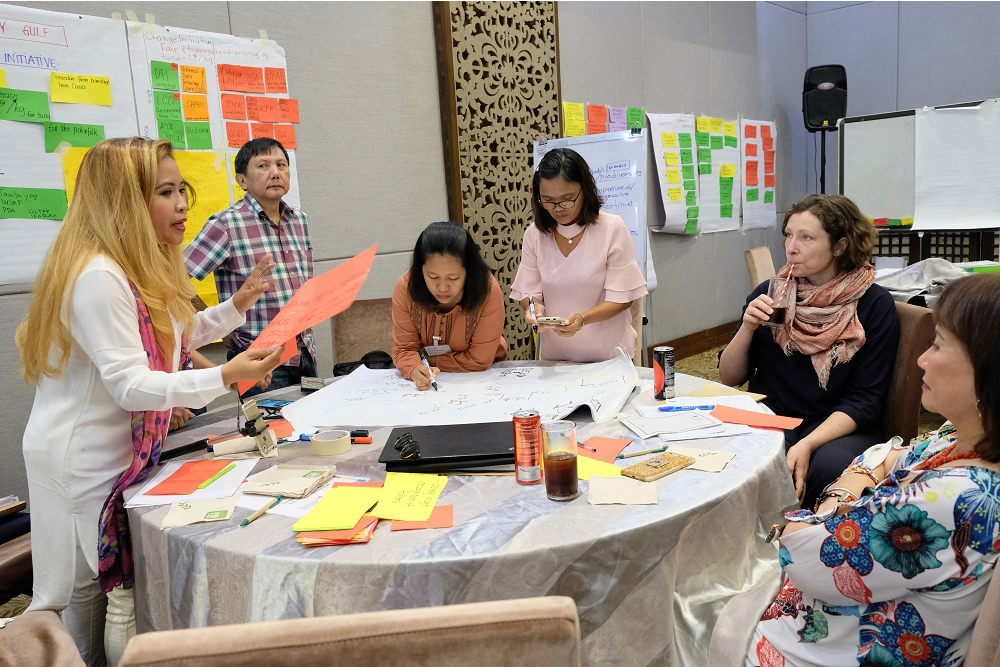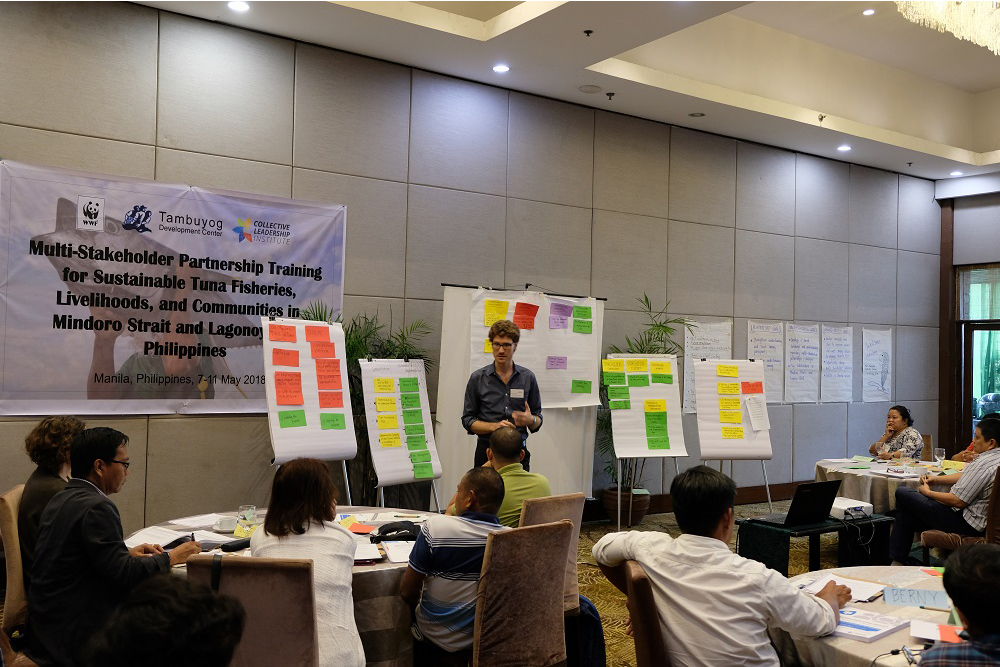In line with its Sustainable Tuna Project, WWF-Philippines brought together key players from the local tuna industry, non-governmental organizations, civil organizations and government offices in the recent Multi-Stakeholder Partnership (MSP) Training, conducted by the Collective Leadership Institute (CLI).
Since 2005, CLI has been empowering people to face sustainability challenges with dialogue, communication, and collective leadership. Facilitated by Sabine Heckmann and Dominic Stucker, the goal of the four-day workshop was to train stakeholders and develop their plans in stakeholder engagement and dialogue. The MSP training involved lectures, group work, roleplaying sessions, and presentations by the participants, and featured Stakeholder Mapping Analysis and Process Quality Monitoring.
The Sustainable Tuna Partnership has three key components: sustainable fisheries management, social enterprise development, and community empowerment. By 2021, it hopes to improve the socio-economic situation of tuna handline fishers and their families, to ensure sustainable management of yellowfin tuna fisheries through good local governance, and to align government investment plans and policies with sustainable fisheries management.
Since 2011, WWF-Philippines has been on the ground in Lagonoy and Mindoro. With the new STP project, WWF-Philippines, together with the Tambuyog Development Center, hopes to be able to leave a lasting legacy for the fisherfolk communities it has been working with. It also hopes to encourage sustainable fishing practices throughout the Philippines, and in other countries. And though the process of MSP may be arduous and long, it would do well to reflect on why we go through the process in the first place. At the heart of all our efforts are the fisherfolk who toil every day to feed their families, our families, and families all over the world, from the bounty of the sea.





